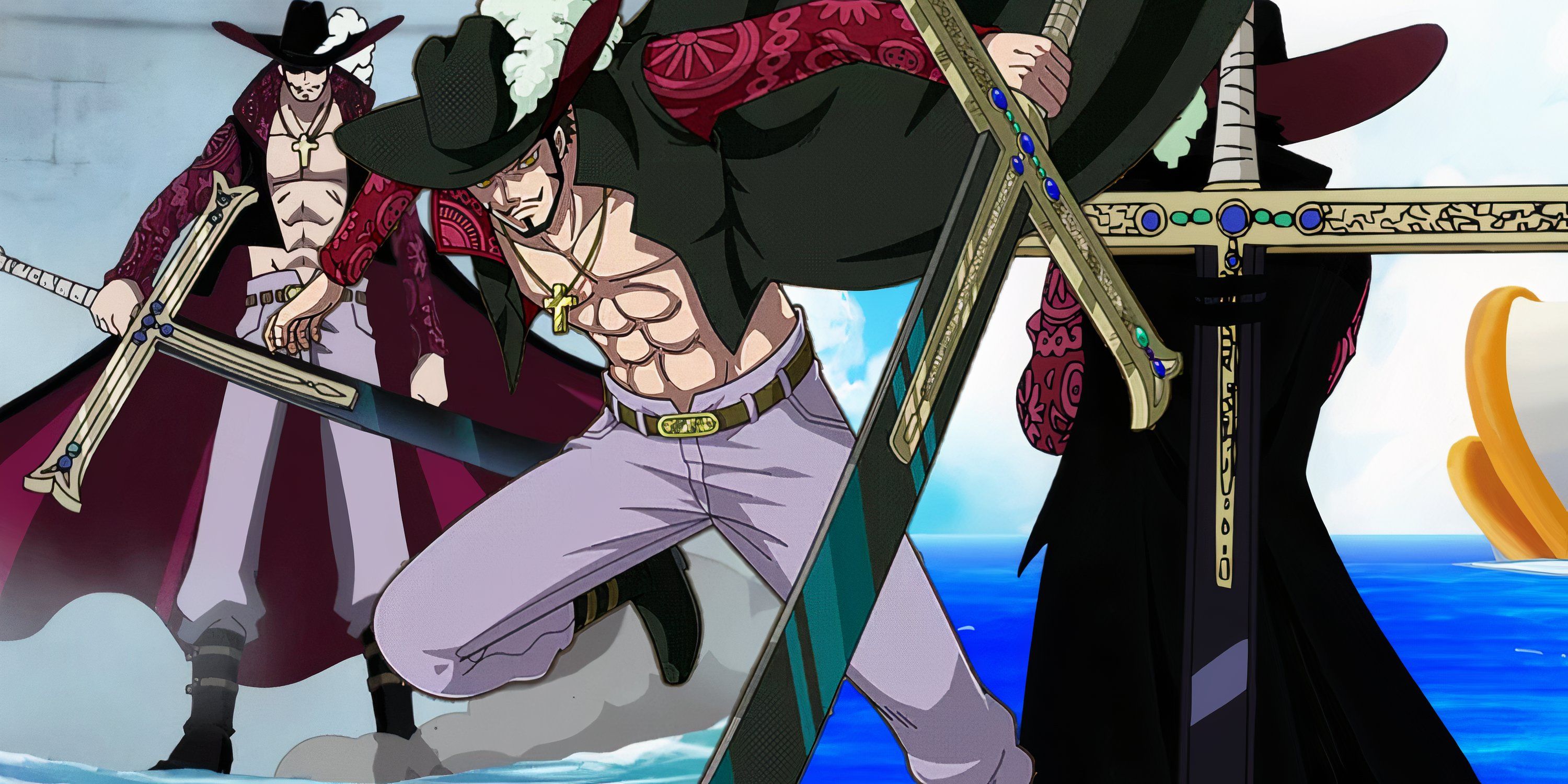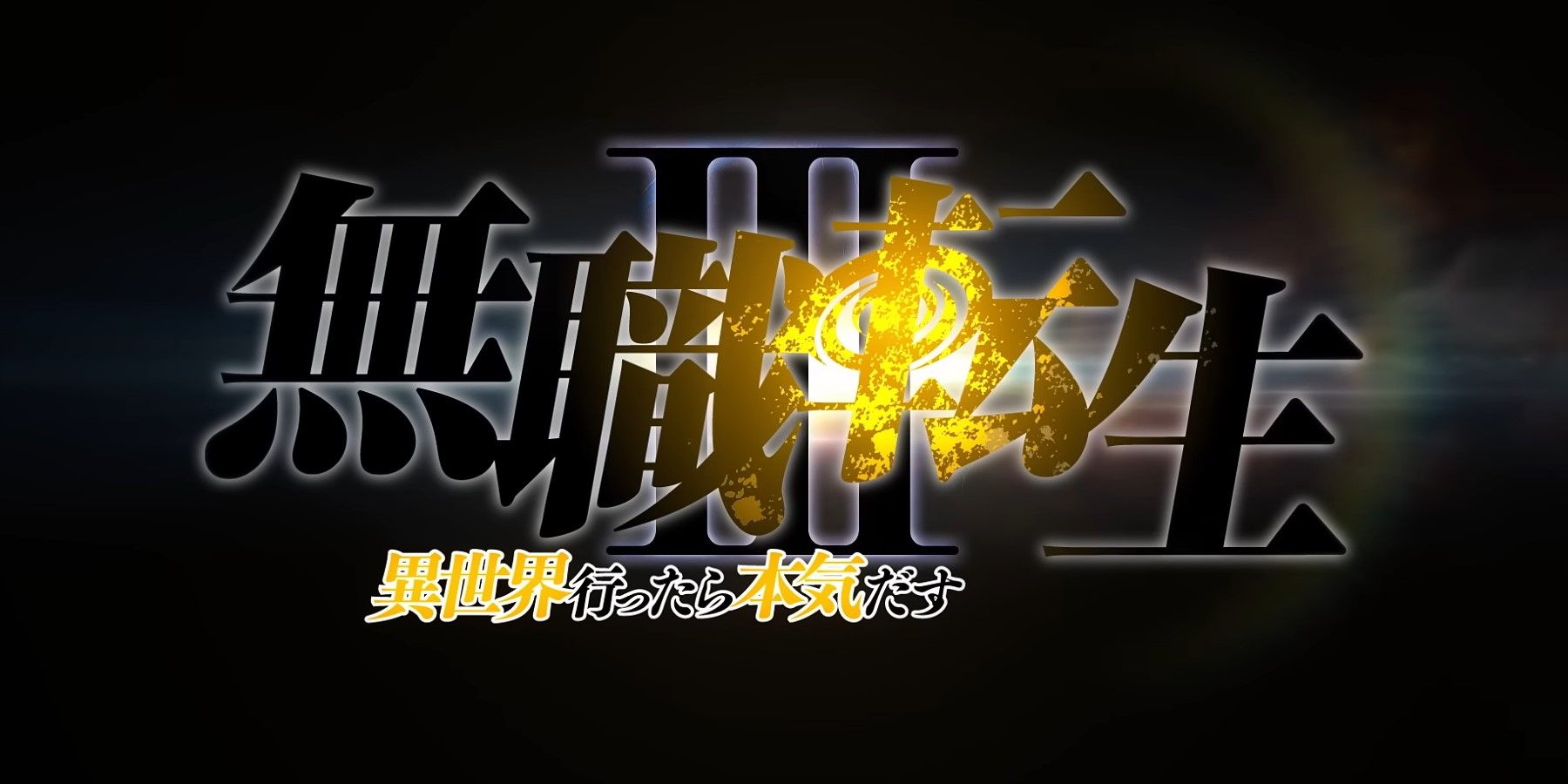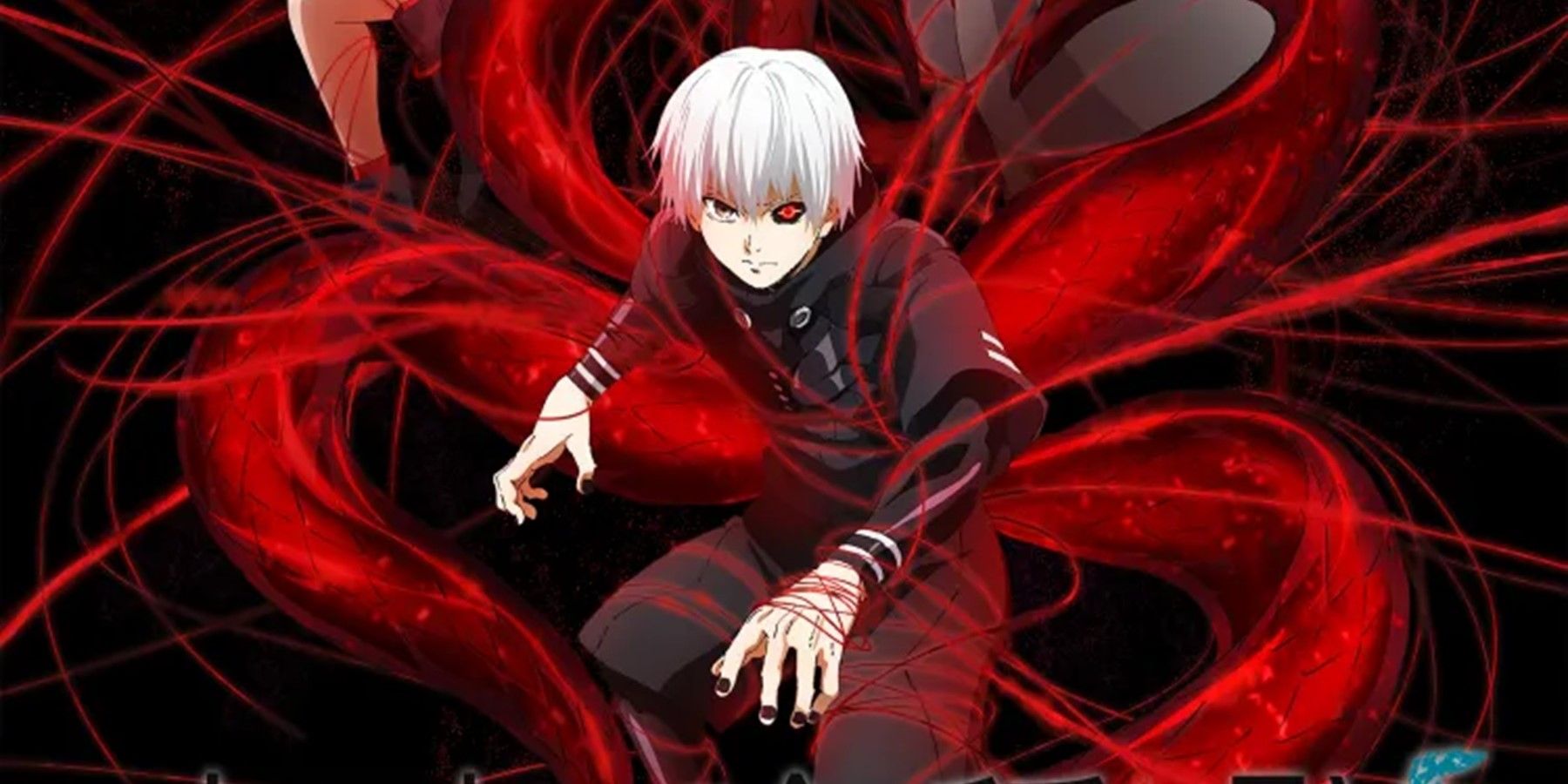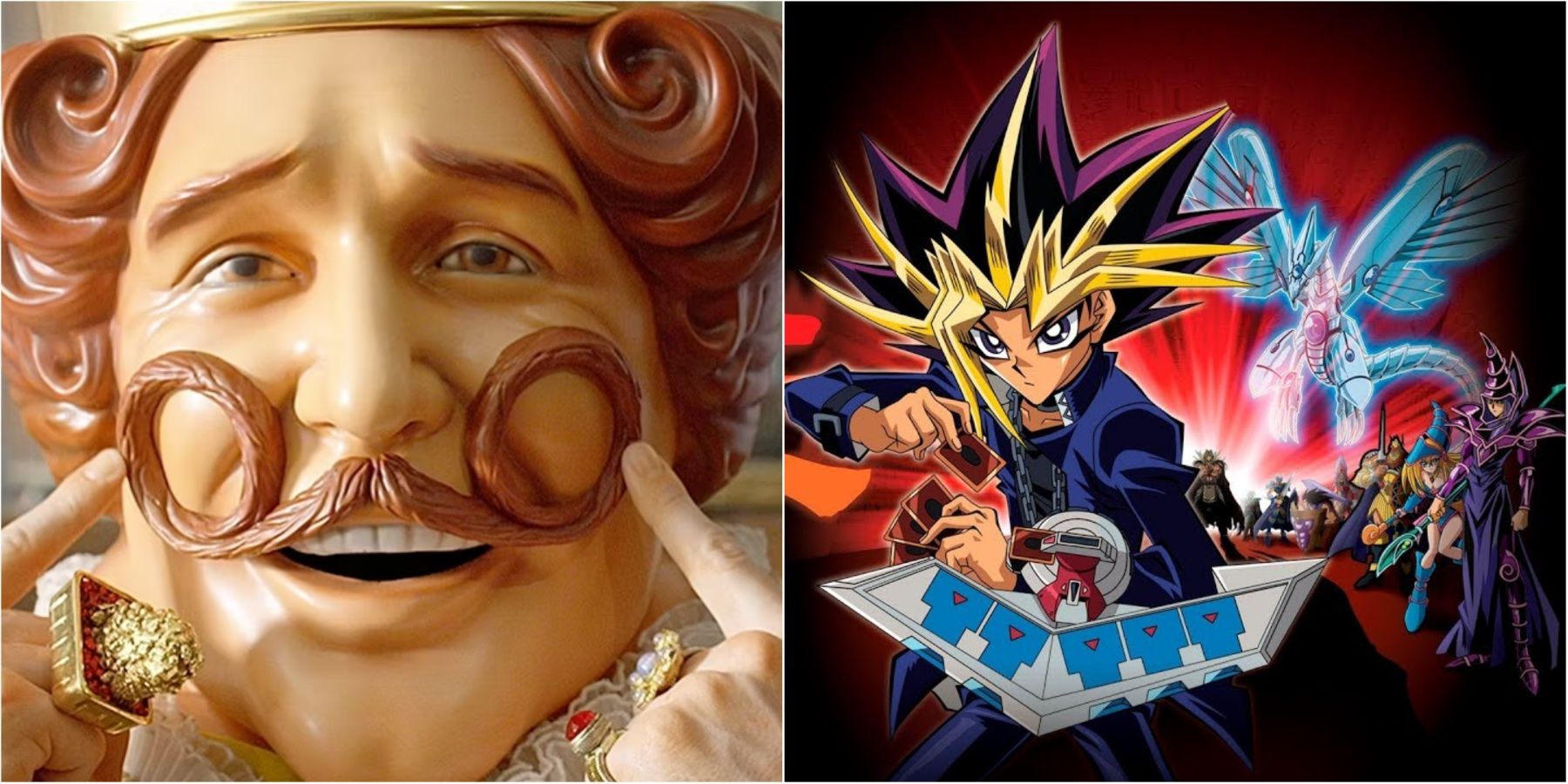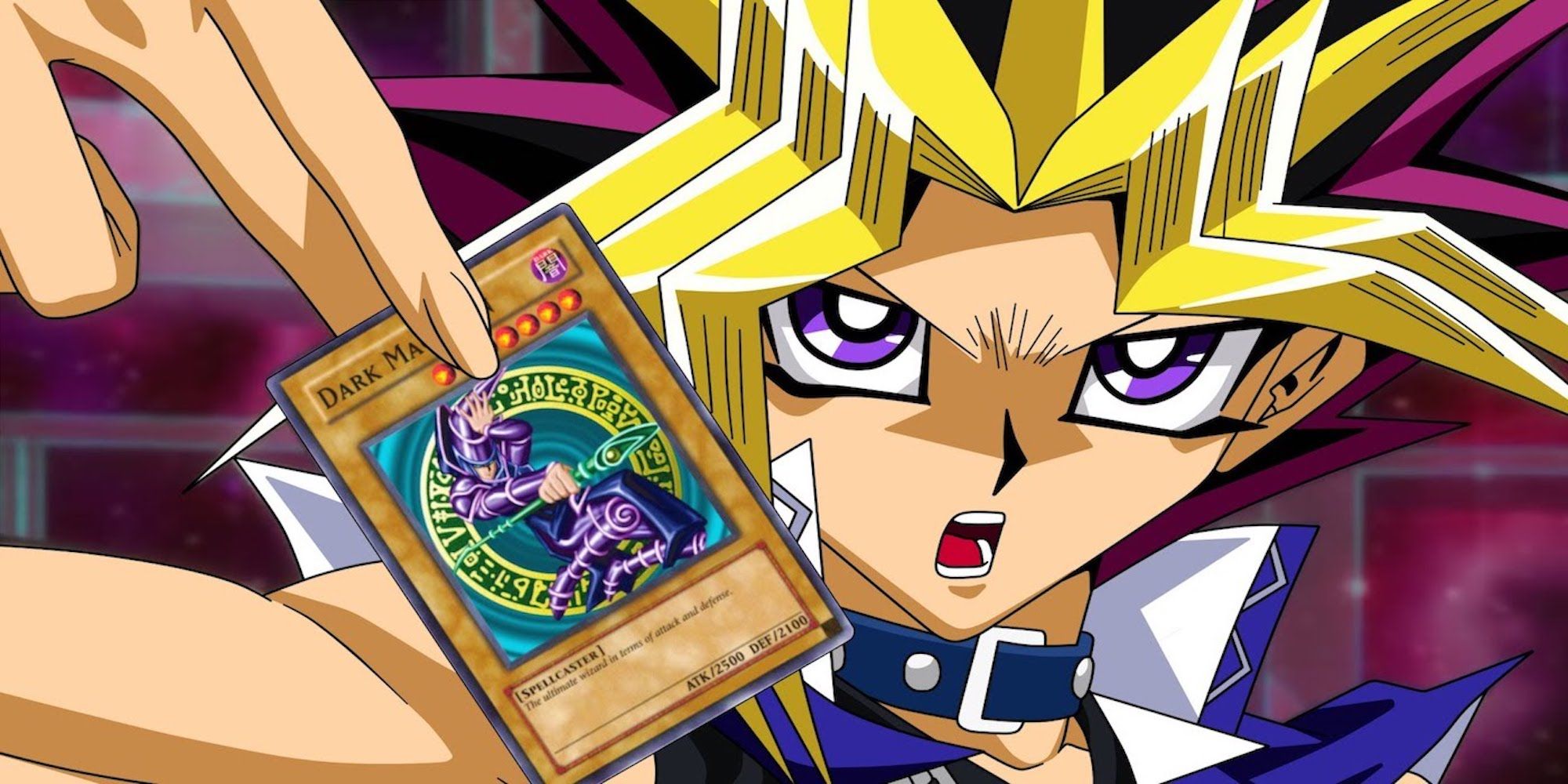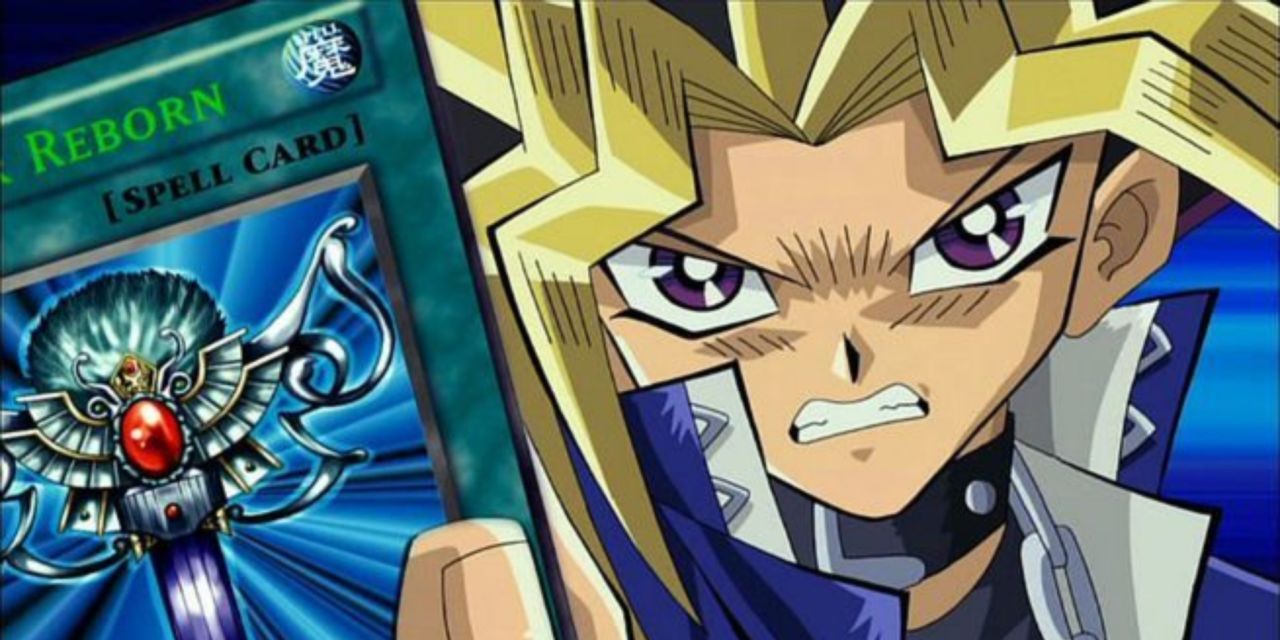There is a saying in the business world that you know you’ve made it when you get a kid’s meal promotion. For many a Happy Meal promotion at McDonald’s is the gold standard, but if you can’t have McDonald’s then the next best thing is Burger King. While lagging behind their main competitor, Burger King is no slouch when it comes to producing kid’s meals, having made toys for Disney and Warner Bros., with the reach of their famous Burger King Kid’s Club being a staple in the nineties.
It was also Burger King that first took notice of the booming anime craze, and made moves to capitalize on this phenomenon that kids were “eating up” (if you’ll forgive the pun). This led to the fast food giant being ahead of the curve by making several major anime properties part of their kid’s meal promotion, with most being well received by fans. That said, they can’t all be winners, and even wise kings make mistakes from time to time, which resulted in Burger King making one of the biggest kid’s meal blunders of all time.
Early Success Stories
The first anime that Burger King acquired rights to was Pokémon. They would actually manage this feat four times in a few short years: One for the franchise in general, a second for the release of Pokémon: The First Movie, a third for the release of Pokémon the Movie: 2000, and a fourth to help promote a new video game for the Nintendo Game Boy. The first promotion was the more memorable of the four, as in addition to the kid’s meal toys, diners could also buy one of four gold-plated Pokémon cards that came in individual PokéBalls. The promotions were successful enough that management at Burger King wanted more anime promotions.
The next promotion they would have would be for Dragon Ball Z, a series that was gaining huge popularity on Cartoon Network, and (strangely enough) no other fast food corporations were making a bid for it. Burger King made a deal with the series dubbing company Funimation (now Crunchyroll) to not only produce toys for their kid’s meals but to have an exclusive videotape with two episodes of the show you could only buy at the restaurant. The company would do a second Dragon Ball Z promotion and a Hamtaro promotion a year later, but it was during this time a new anime was catching kid’s attention, and when Burger King found out there was going to be a movie adaptation of it the executives wanted it for a kid's meal promotion.
Yu-Gi-Oh! The Movie Catches the King's Eye
In July 2004 Yu-Gi-Oh! The Movie was going to be released in cinemas across America. Like the Pokémon franchise, Yu-Gi-Oh! had already made a name for itself with a high-rated TV show and a best-selling card game. Despite this, the popularity of was still fresh, and most companies had not caught on to it yet. Unlike the first Pokémon movie – which was being released after the franchise was a proven entity – Yu-Gi-Oh! was still growing in popularity, and no one know where the ceiling was.
Burger King decided to negotiate the rights to the franchise early and lock it in when things were cheap. As with most promotions, Burger King worked closely with 4Kids Productions on ideas for the toys and settle on making collectibles for the most popular monsters on the show. The toys would come sealed in silver, bronze, steel, and gold pyramids (of which gold was the rarest).
On the surface, the toys were nice and having the whole collection displayed made them shine even more. Unfortunately for Burger King, despite the quality of the toys themselves, the promotion was a flop of epic proportions, as the executives overlooked a key aspect of the Yu-Gi-Oh! franchise that would have made these THE kid’s meal toys to have!
There Was no Game Aspect to the Promotion
The whole point of Yu-Gi-Oh! was the fact that the characters played a card game. Thus, the reason the franchise was successful was because kids loved playing the game. Sure, kids liked the monsters, but only so far as what the monsters could do for them in the card game. By not having a game to play with the toys there was little reason for kids to embrace the “gotta collect them all” attitude that was fueling the card game. The toys were nice and well-made, but they didn’t do anything, so they were effectively worthless to fans of the show.
The more baffling omission though was the cards themselves. Since the whole point of Yu-Gi-Oh! is to sell the card game, virtually every extended product comes with an exclusive card you can only get by buying that product. Ticket buyers who saw Yu-Gi-Oh! The Movie got one of four exclusive cards you could only get by seeing the movie. Video game buyers typically got a few exclusive cards with their discs. Even manga readers would occasionally be treated with an exclusive trading card. For Burger King to have a Yu-Gi-Oh! promotion without any cards available was like having a Pokémon promotion and focusing on the human characters: It would be missing the point entirely.
The King of Burgers Failed the King of Games
The Yu-Gi-Oh! promotion was such a misfire Burger King lost money on it, with toys that had so little demand it took months to get rid of them. It spooked executives who backed off from most anime promotions. Going forward they would do promotions for Pokémon a few more times and once for Beyblade, where they learned their lesson and incorporated the game from the show into the toys themselves.
Ironically, toys from the Yu-Gi-Oh! promotion that aren’t opened are now more valuable on sites like eBay due to their cool designs, but one wonders how many kid’s meals could have been sold if Burger King had something with the card aspect included as everyone wanted? It’s a great example that if you’re going to make a promotional item based on a hit TV show, it might be a good idea to know what it is people like about that show so that you can use it to draw them to the restaurant. You don’t need a Millennium Eye to see where Burger King went wrong here.

